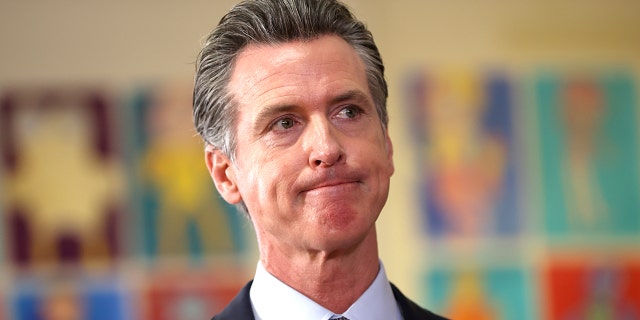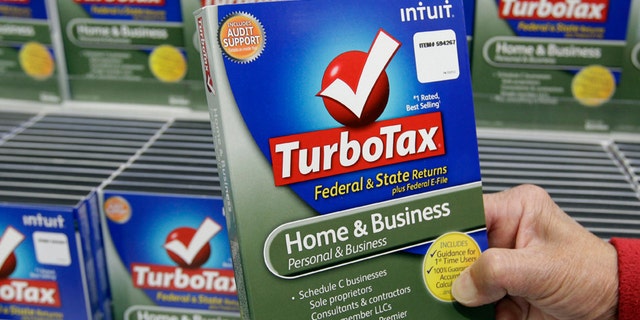California Democrats consider wealth tax — including for people who moved out of state
![]()
California Democrats consider wealth tax — including for people who moved out of state
Several Democrat-led states introduced similar measures in effort to tax rich even more
Hannity: The new year brings new Biden taxes
“The Five” co-host Jessica Tarlov reacts to Kevin McCarthy’s speakership bid and President Biden’s tax hikes heading into the new year on “Hannity.”
California lawmakers are pushing legislation that would impose a new tax on the state’s wealthiest residents — even if they’ve already moved to another part of the country.
Assemblyman Alex Lee, a progressive Democrat, last week introduced a bill in the California State Legislature that would impose an extra annual 1.5% tax on those with a “worldwide net worth” above $1 billion, starting as early as January 2024.
As early as 2026, the threshold for being taxed would drop: those with a worldwide net worth exceeding $50 million would be hit with a 1% annual tax on wealth, while billionaires would still be taxed 1.5%.
Worldwide wealth extends beyond annual income to include diverse holdings such as farm assets, arts and other collectibles, and stocks and hedge fund interest.

California Gov. Gavin Newsom (Justin Sullivan / Getty Images / File)
CALIFORNIA FACES BUDGET DEFICIT DESPITE NEARLY $100 BILLION SURPLUS LAST FISCAL YEAR
The legislation is a modified version of a wealth tax approved in the California Assembly in 2020, which the Democrat-led state Senate declined to pass.
The current version just introduced includes measures to allow California to impose wealth taxes on residents even years after they left the state and moved elsewhere.
Exit taxes aren’t new in California. But this bill also includes provisions to create contractual claims tied to the assets of a wealthy taxpayer who doesn’t have the cash to pay their annual wealth tax bill because most of their assets aren’t easily turned into cash. This claim would require the taxpayer to make annual filings with California’s Franchise Tax Board and eventually pay the wealth taxes owed, even if they’ve moved to another state.
California was one of several blue states last week to unveil bills to impose new wealth taxes. The other states were Connecticut, Hawaii, Illinois, Maryland, Minnesota, New York and Washington. Each state’s proposal contained a difference tax approach, but they all centered around the same basic idea: the rich must pay more.
Lee’s office didn’t respond to a request for comment for this story. However, he’s made public statements echoing the message that wealthier residents should pay higher taxes.

“The working class has shouldered the tax burden for too long,” Lee wrote in a tweet. “The ultra-rich are paying little to nothing by hoarding their wealth through assets. Time to end that.”
According to Lee, the tax would affect 0.1% of California households and generate an additional $21.6 billion in state revenue, which would go to the state general fund. California has among the highest taxes of any state in the country.
Advocates argue that the money could boost funding for schools, housing and other social programs. Perhaps more importantly, however, Lee hopes it could help address California’s massive $22.5 billion budget deficit.

In this Jan. 24, 2013, photo, a customer looks at a copy of TurboTax on sale at Costco in Mountain View, California. (AP Photo / Paul Sakuma)
LIST OF COMPANIES LEAVING CA GROWS AS BLUE STATE’S EXODUS TREND CONTINUES
“This is how we can keep addressing our budgetary issues,” he told the Los Angeles Times. “Basically, we could plug the entire hole.”
However, experts counter that the bill will have the exact opposite effect through high administrative costs and by causing an exodus of people to flee the state.
“It brings significant administrative challenges with respect to asset and liability valuation, high and distortionary effective rates, among other problems that make it an inefficient revenue source,” Gordon Gray, director of fiscal policy at the American Action Forum, told Fox New Digital.




















